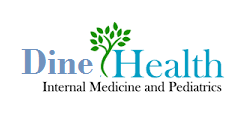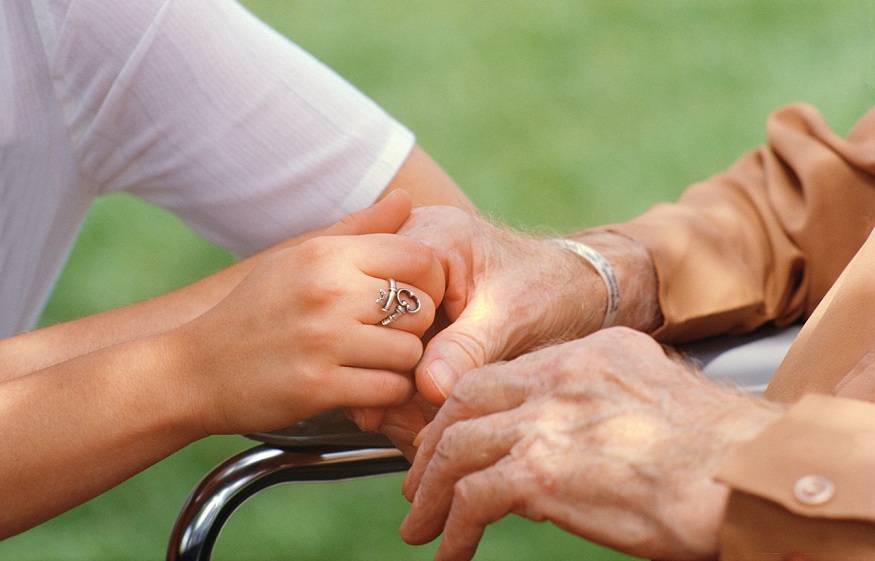The elderly population has been rising steadily in the United States, which highlights the dual problems our elders face- age-related health issues and financial hardships. The complications and adversities they endure are having an impact on their family members, especially those who are their caregivers. The United States is witnessing an increasing dependence on family caregivers who as a result, are unpaid and only engaged in looking after their elders all the way through.
The situation is undeniably grim, which the following set of situations highlight:
The elderlypeople are unreservedly under-funded in their retirement. Official surveys reveal that millions of Americans aged above 60 are living below 250% of the federal poverty level (the FPL for a single person stood at $13,860 in 2017).
80% of the older people are getting assistance, including several having functional physical and/or mental limitations, and are living in private homes in the community, and not in institutions.
66% of elderly people with disabilities receiving Medicaid Long-Term Services and Support (LTSS) at home are getting complete care from their family caregiver.
Up to 70 million family members are looking after the elderly as caregivers. Most of them are adults and up to 25% are ageing spouses. Many caregivers are also looking after elders having Alzheimer’s disease, Parkinson’s disease, heart troubles, which exerts tremendous stress on the caregivers.
As a result, family caregivers experience hardships which impact them both personally as well as financially. Many of them have to give up their jobs to look after their elders. As a result, in the long run, they also miss out on pension, social security benefits and other assistance.
Solution- Getting Paid to Look after an Ailing Elder in Family
Family caregivers who sacrifice so much for their dearly loved elders can avail of
financial assistance programs that compensate them for selfless services they render. It can also become a source to earn extra money. Following are the ways they can get paid as a family caregiver:
- Medicaid-Funded Programs (Including CDPAP)Caregiver Contracts
- Veterans Benefits (VD-HCBS), or Cash and Counseling
- Long-Term Care Insurance
- Indirect Payment Via a Tax Credit
1-Medicaid-funded Programs (Including CDPAP)
CDPAP (Consumer Directed Personal Assistance Program) is a program funded by Medicaid which lets the elderly to hire any caregiver they prefer, including a family member already looking after them.
CDPAS (Consumer Directed Personal Assistance Services is another program that the elderly can avail of where they choose the type of caregiving service they need. These programs are relatively simple and are offered by several states.
Medicaid (or Cash and Counselling Programs): It provides support through long-term in-home or in-community care, meal deliveries, and daycare centres which lets the elderly get home-based instead of institutional assistance.
National Resource Center for Participant-Directed Services: It is a national program for people with disabilities (including the ageing population) which functions as Medicaid-type programs.
2. Caregiver Contracts
It is a formal agreement in the form of a contract, typically among family members. It acquires compensation for the family member looking after an elderly relative, especially if the caregiver has given up a job to care for the elderly.
3. Veterans Benefits (VD-HCBS), or Cash and Counseling
Post-9/11 Program: Entitled veterans are provided with a range of beneficial health and financial programs. A noticeable program relevant here is the Veteran Directed Home and Community-Based Services (VD-HCBS). It especially compensates family members to provide caregiving support to the recipient residing at home.
Here, vets can choose care providers themselves instead of receiving support from VA facilities.It also comes with several perks and benefits for the members providing care, which includes a break of up to 30 days for relaxation.
4. Long-Term Care Insurance
If an elderly person receiving care purchased a long-term care insurance policy of the type that pays for home care, it yields good compensation under this arrangement.
5. Indirect Payment Via a Tax Credit
Caregivers often use their resources and money while caring for their elderly who are suffering. It provides financial benefits like a tax credit along with additional support to the caregiver.
FreedomCare has been bridging the gap and taking the burden off the elders. Besides giving the elders the reassuring comfort of being looked after by their relative, FreedomCare also gets the caregiver compensated, which relieves her/ him of financial uncertainties.
Why FreedomCare?
FreedomCare is the most organized, compassionate, dependable and professional CDPAP agency in New York State that has been helping elderly folks in need of assistance get support and care from close ones.




